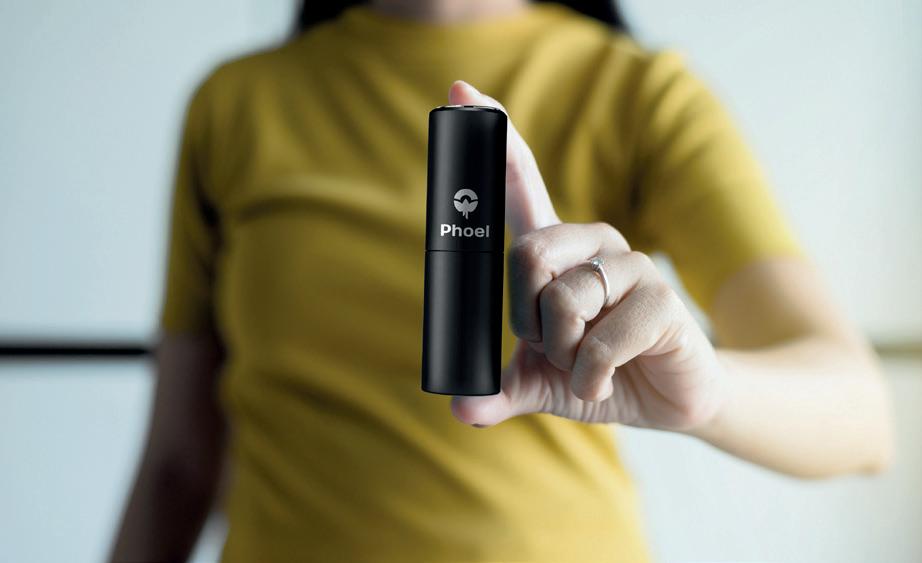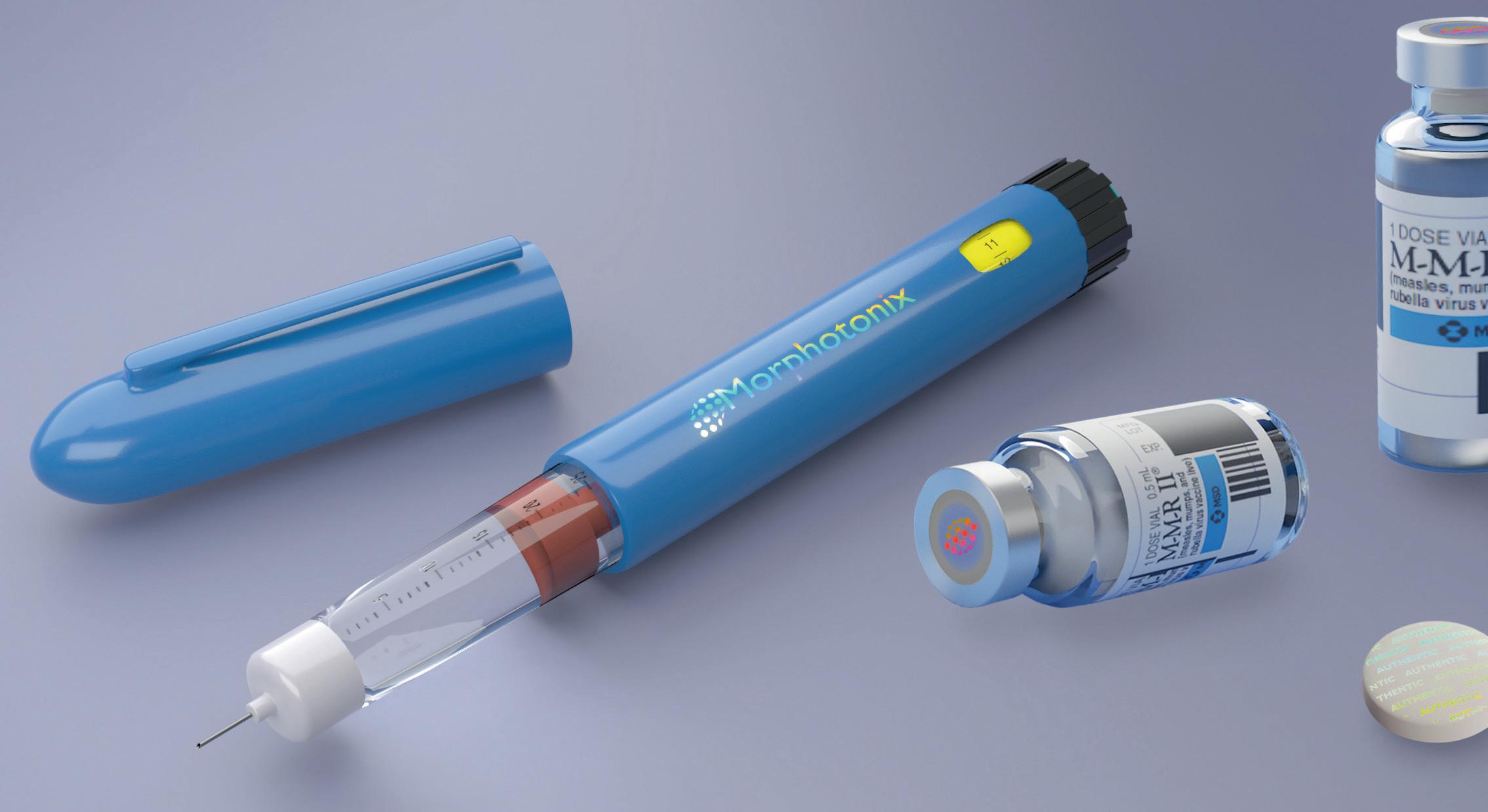
2 minute read
Back to the future
from MPN NA Issue 18
by MPN Magazine
1
ASME has launched a new company to accelerate digital transformation in engineering in a variety of industries, including medical. Metrix’s purpose is to build a network for crossindustry and interdisciplinary collaboration. The company will host in-person and virtual events, expert content, networking, and collaboration opportunities for the engineering community. Metrix launches with eight established event brands including AM Medical, Oct. 27–28; and Robotics for Inspection & Maintenance, Dec. 8–9.
2 3 4 5
The events will focus on creating enduring, immersive experiences where technology insights, expert advice, and resources.
‘Hyper glue’ adhesive forges new bonds at the molecular level
XlynX Materials has created a new class of adhesives they are calling “molecular glues”. These make it possible to permanently adhere difficult-to-bond polymers such as polyethylene and polypropylene to themselves, and to other materials, through exceptionally strong chemical bonds.
Unlike conventional adhesives BondLynx employs bis-diazirine chemistry to create covalent chemical bonds between polymer chains, permanently crosslinking them together through strong carbon-carbon bonds. This is the same type of joinery found between carbon atoms in the polymer chains themselves. Once BondLynx has been applied to a polymer, the crosslinking process can be initiated by heat, ultraviolet/ visible light, or an electric field depending on the specific demands of the manufacturing process.

“What’s really amazing about BondLynx is that it can glue virtually any plastic to any other plastic. It acts by inserting itself into the carbon-hydrogen bonds that are present in almost every commodity polymer. The potential applications are limitless,” stated Jeremy Wulff, Professor of Organic Chemistry at the University of Victoria. Nexa3D and Henkel have has partnered to produce the world’s first additively manufactured connected SKOP stethoscope for WeMed. Based on biomimicry design and produced on the NXE400 ultrafast 3D printer using performance matched Henkel materials, the WeMed SKOP is the world’s first connected stethoscope to be additively manufactured in its entirety at scale with production volumes to exceed 100,000 units per annum.
Born during the COVID-19 health crisis, French start-up, WeMed saw an opportunity to quickly respond to accelerating demand for new diagnostic medical devices that support teleconsulting and remote monitoring. Nexa3D and Henkel came together with French contract manufacturing provider Third, to help WeMed develop, manufacture and launch its new product.
The SKOP is a medical device for remote auscultation. It provides excellent listening quality, essential for emergency situations and for isolated patients. SKOP takes inspiration from nature, using a biomimetic design based on the human ear to maximize performance. The SKOP geometry can only be additively manufactured using ultrafast 3D printing.
Copyright WeMed











